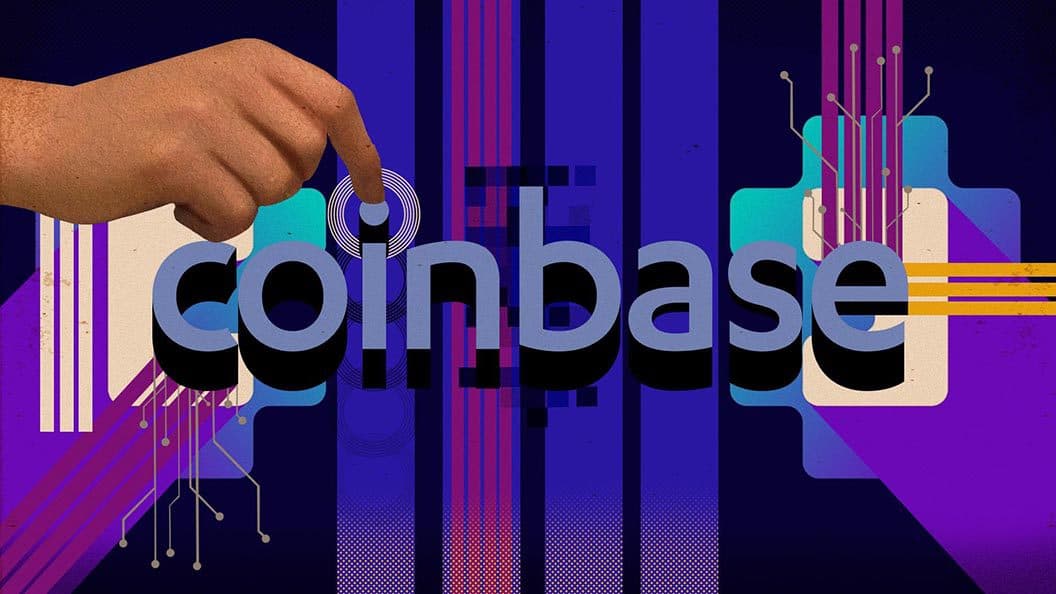Q&A: The SEC Classified 9 Tokens as Securities. Now What?
The crypto community calls the SEC’s complaint “regulation by enforcement”

Blockworks exclusive art by axel rangel
key takeaways
- The SEC’s claim that nine tokens are securities could pose issues for other issuers down the line
- Future lawsuits and complaints should not be ruled out, one attorney said
In the US Securities and Exchange Commission’s complaint against a former Coinbase employee and people close to him, the SEC alleges that nine different cryptocurrency tokens are securities.
The SEC’s complaint, which many in the crypto community claim is “regulation by enforcement,” could significantly change how exchanges and crypto token issuers are treated going forward.
None of the token issuers mentioned in the complaint are listed as defendants, but the SEC may choose to bring charges against these individuals at a later date. The complaint comes as the SEC continues its legal battle with Ripple over the network’s native XRP token, which the regulator also claims is a security. Consequently, XRP was delisted by Coinbase in January 2021.
Blockworks spoke to Abiel Garcia, partner at Kesselman, Brantly & Stockinger LLP, about what’s next for the industry. Garcia formerly served as deputy attorney general for the California Department of Justice in the antitrust section.
Blockworks: What are the implications of the SEC calling these nine tokens securities in the lawsuit against the former Coinbase employee?
 Abiel Garcia on LinkedIn
Abiel Garcia on LinkedInGarcia: The lawsuit is another example of the SEC’s view that crypto-based assets can be securities rather than commodities or simple fiat currencies. The complaint walks through each of the nine tokens and lays out how each of the tokens are, in the SEC’s view, securities under the code and the Howey Test.
For each of the tokens, the SEC specifically makes the point that the purchasers of the tokens invested in a common enterprise and had reasonable expectations of profits based on the efforts of others, both of which are crucial in proving the tokens are securities.
Blockworks: Should we expect to see individual lawsuits against issues/exchanges related to these tokens?
Garcia: While technically a private individual holding one of the tokens could bring an individual lawsuit against the tokens and/or exchanges, it is not likely that we will see a flood of individual suits, as the SEC complaint fails to allege any issues with the underlying tokens at issue and affirmatively pleads that Coinbase was investigating the transactions at issue in the lawsuit.
Blockworks: What might this mean for other crypto tokens? How should issuers be thinking about token classification?
Garcia: This suit solidifies the recent signals from the SEC that it views at least some crypto tokens as securities. With respect to issuers and already existing tokens, they should take a look at what the SEC is highlighting in its lawsuit in order to see how the SEC is viewing crypto tokens and what key attributes are needed for them to be classified as securities, according to the SEC.
Blockworks: Coinbase has said that it would not delist these nine tokens. What implications might this have? Legally, is there any obligation yet for Coinbase to delist these tokens at this stage?
Garcia: I don’t think this has any real implications for the tokens or the exchange itself. The allegations against the individuals do not allege any issues with the tokens themselves or with Coinbase overall.
Legally, there is no obligation yet for Coinbase to delist these tokens and given the complaint and how the alleged facts are only geared towards the individuals, rather than the tokens or the exchange itself, it seems unlikely that the tokens would be delisted due to the SEC’s case.
Blockworks: What are the next steps here in terms of the complaint? What should we be watching for?
Garcia: If the defendants are able to fight and do not settle out, I would expect to see a pushback, in the form of a motion to dismiss, on the SEC’s argument that the nine tokens are in fact securities. If the court finds that the tokens are not securities, that would effectively eliminate the insider trading claim alleged.
Get the news in your inbox. Explore Blockworks newsletters:
- The Breakdown: Decoding crypto and the markets. Daily.
- Empire: Crypto news and analysis to start your day.
- Forward Guidance: The intersection of crypto, macro and policy.
- 0xResearch: Alpha directly in your inbox.
- Lightspeed: All things Solana.
- The Drop: Apps, games, memes and more.
- Supply Shock: Bitcoin, bitcoin, bitcoin.





